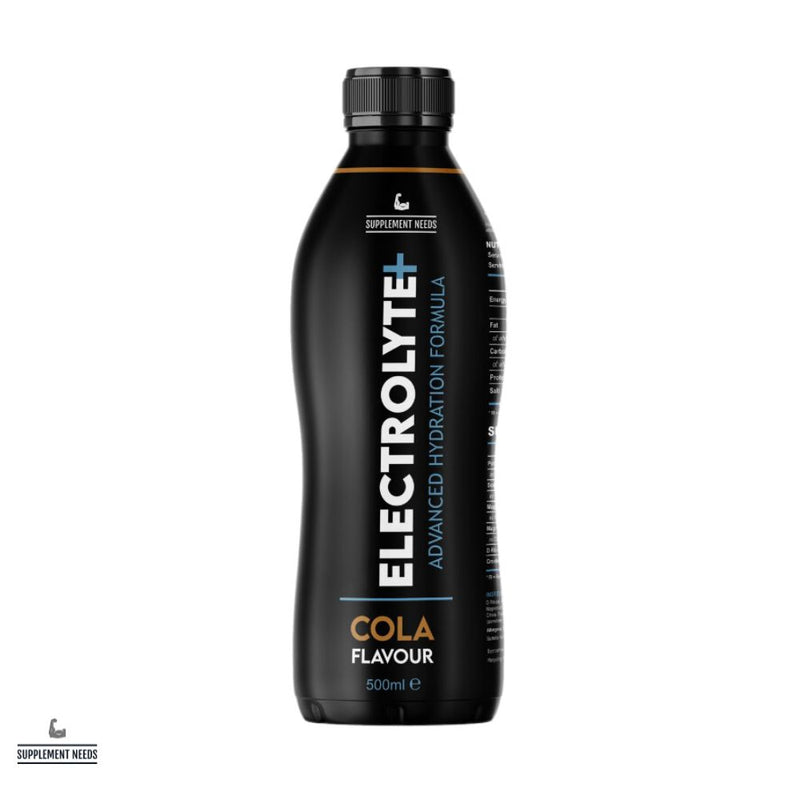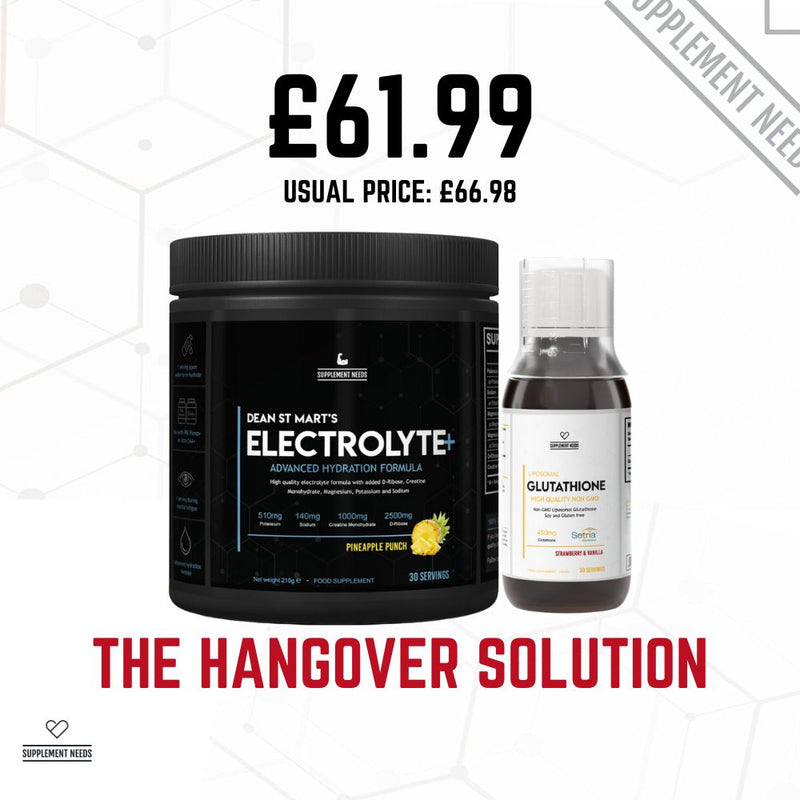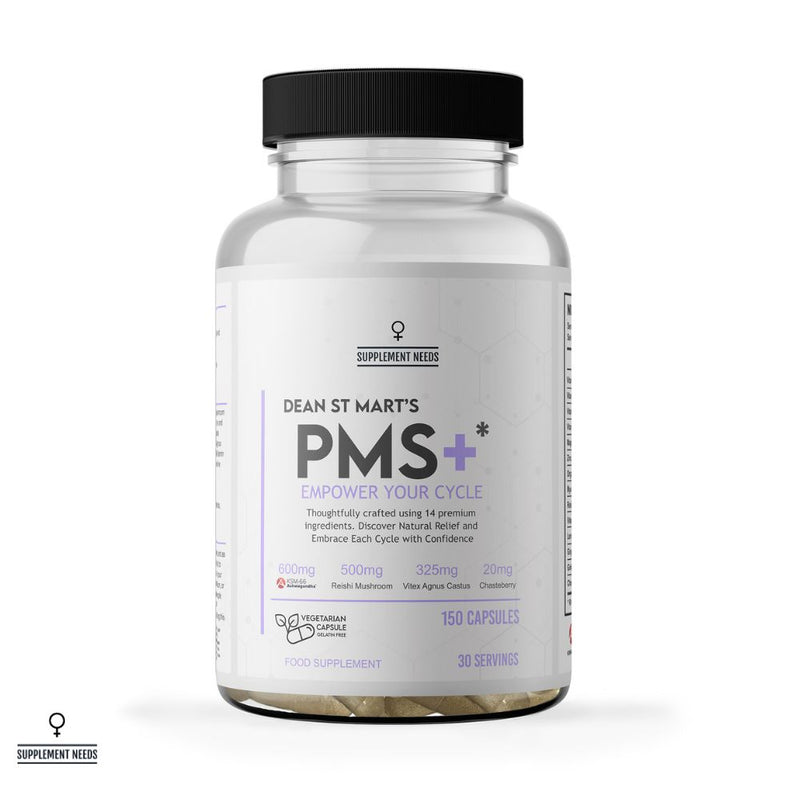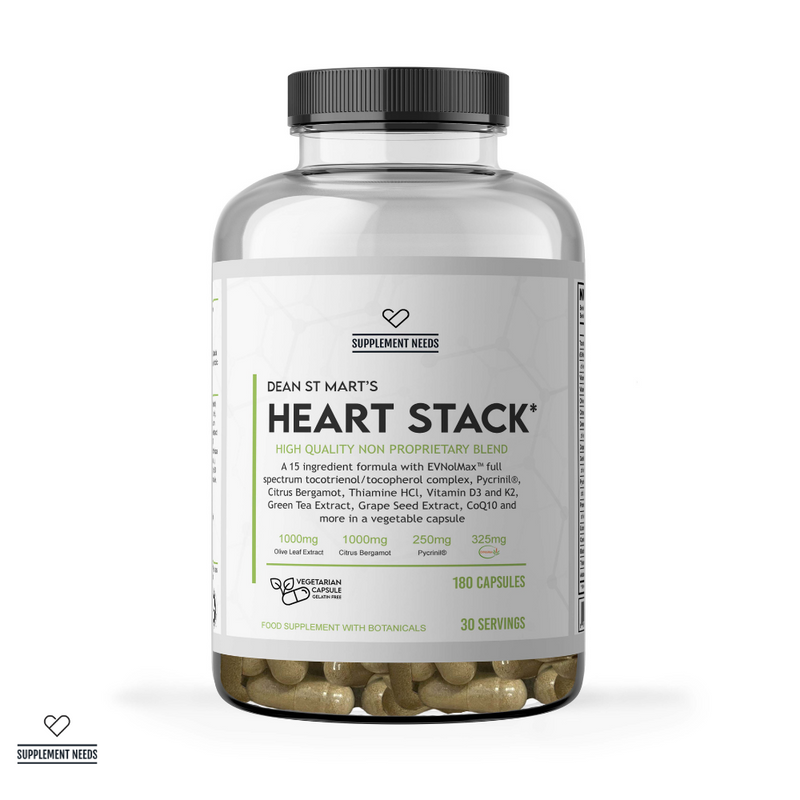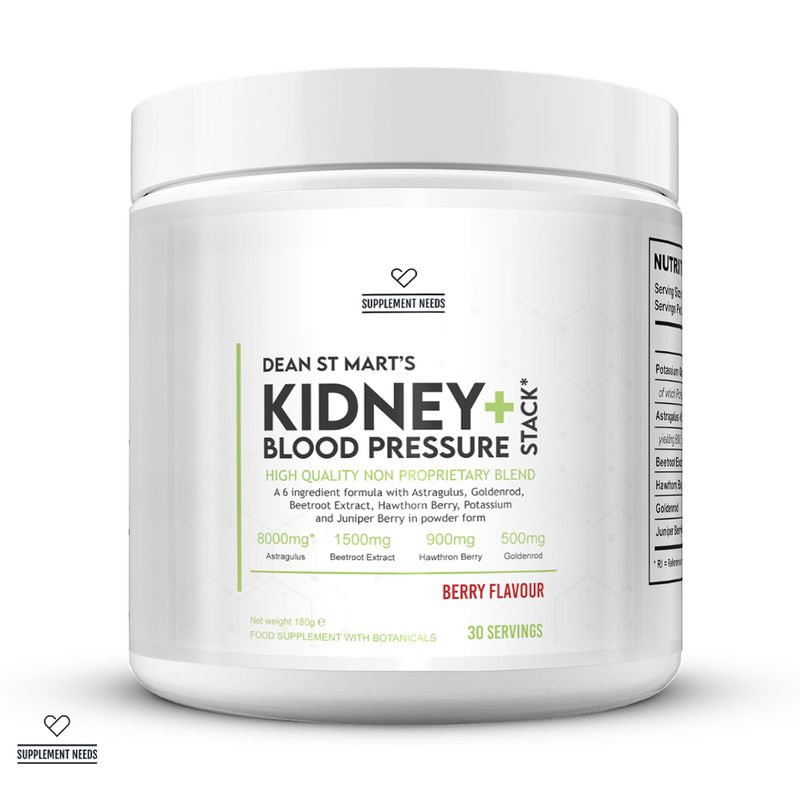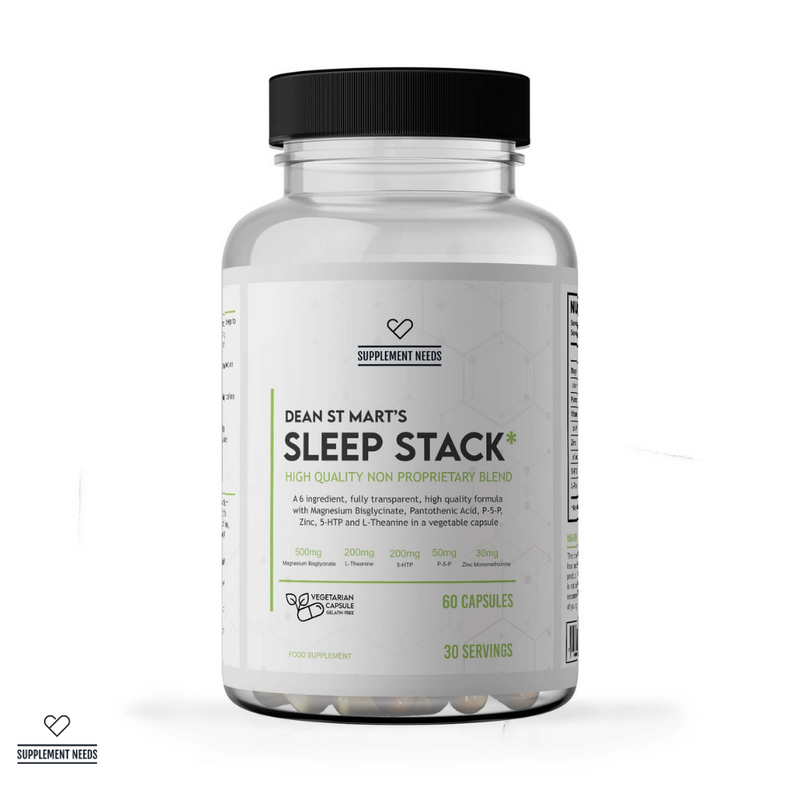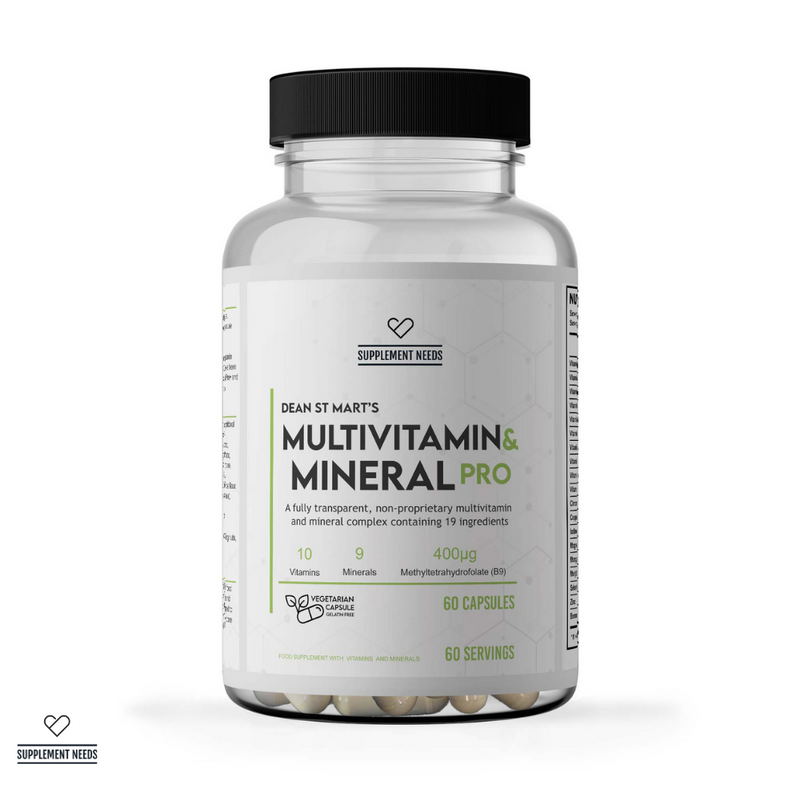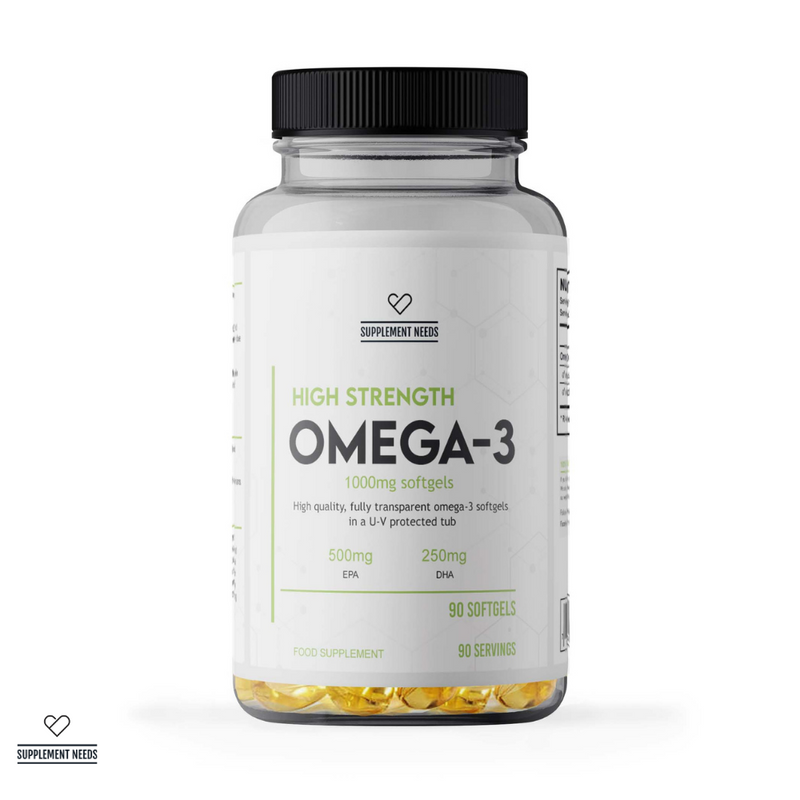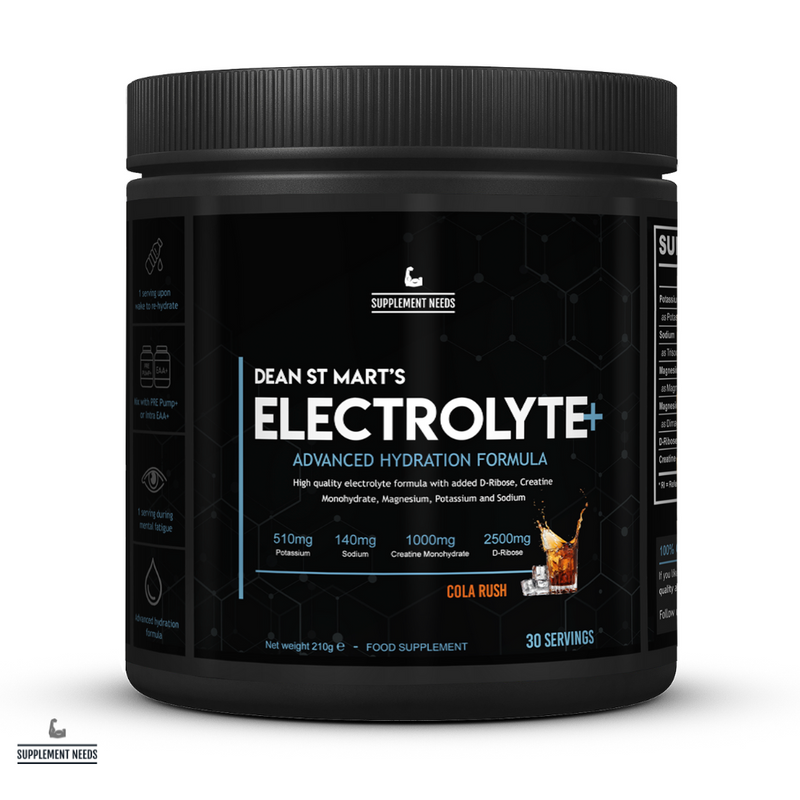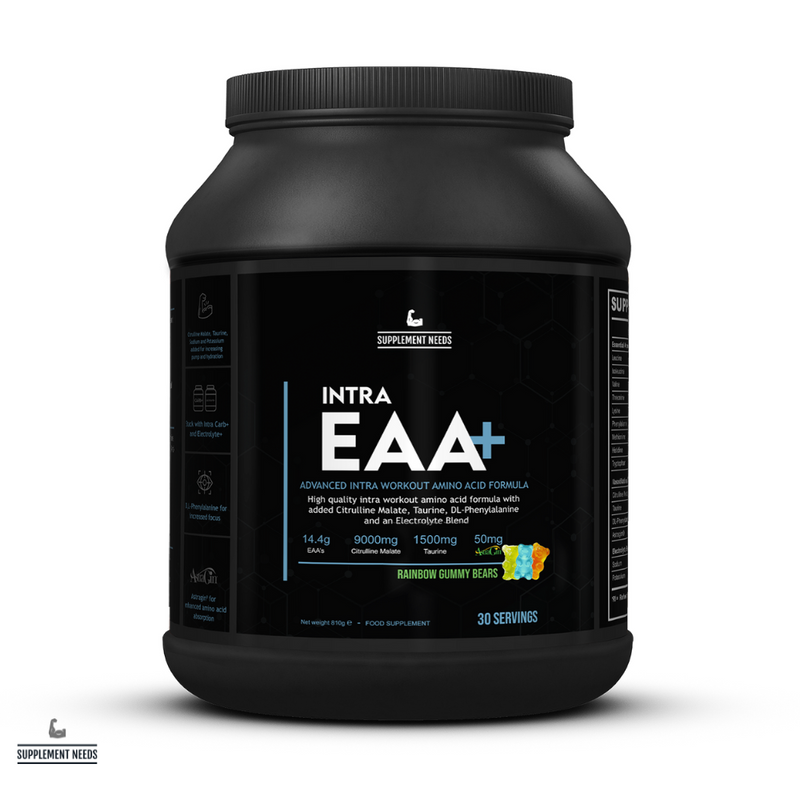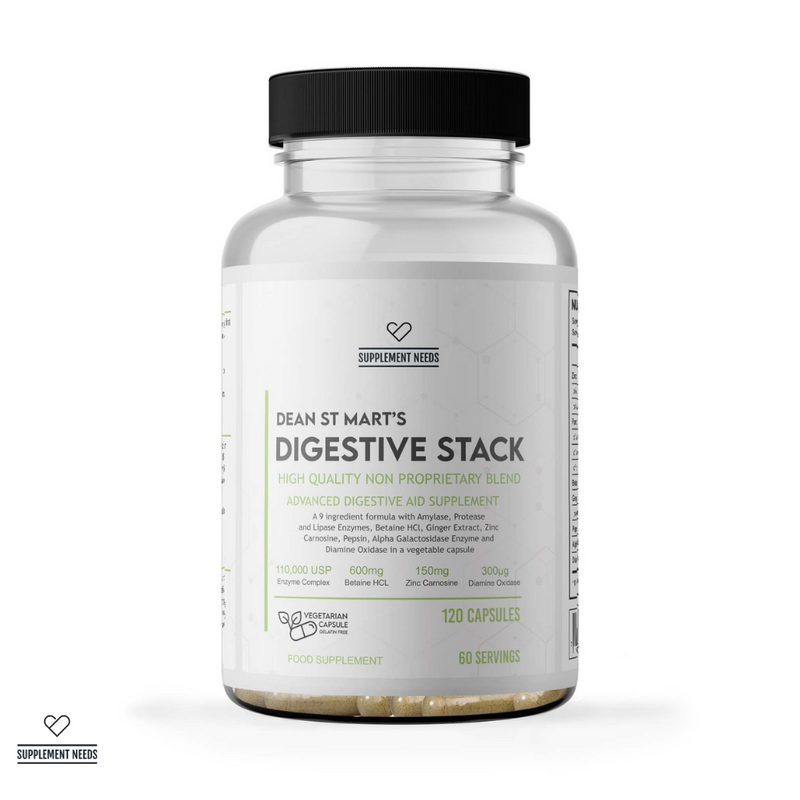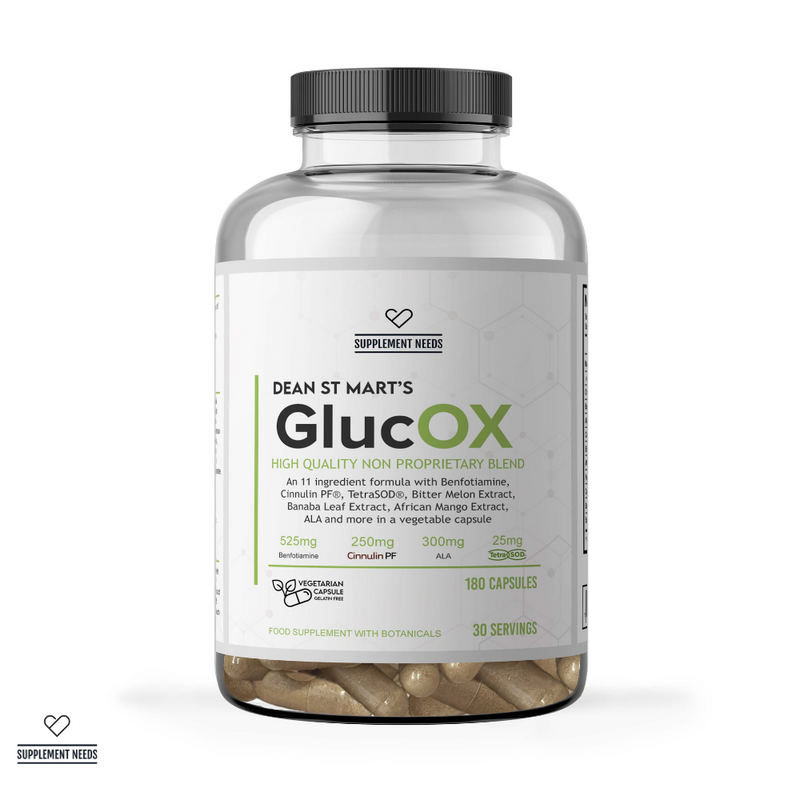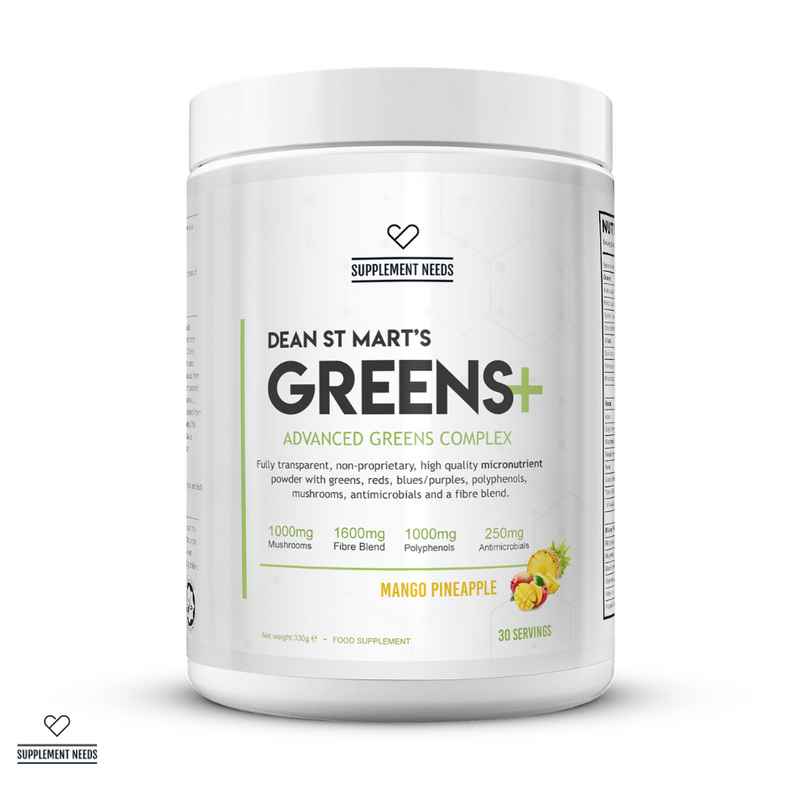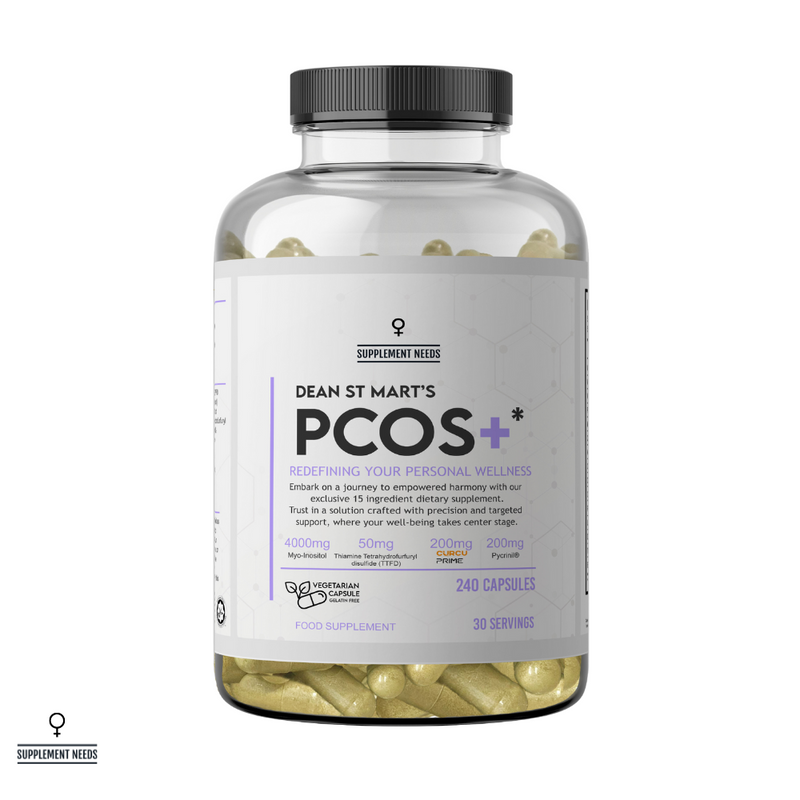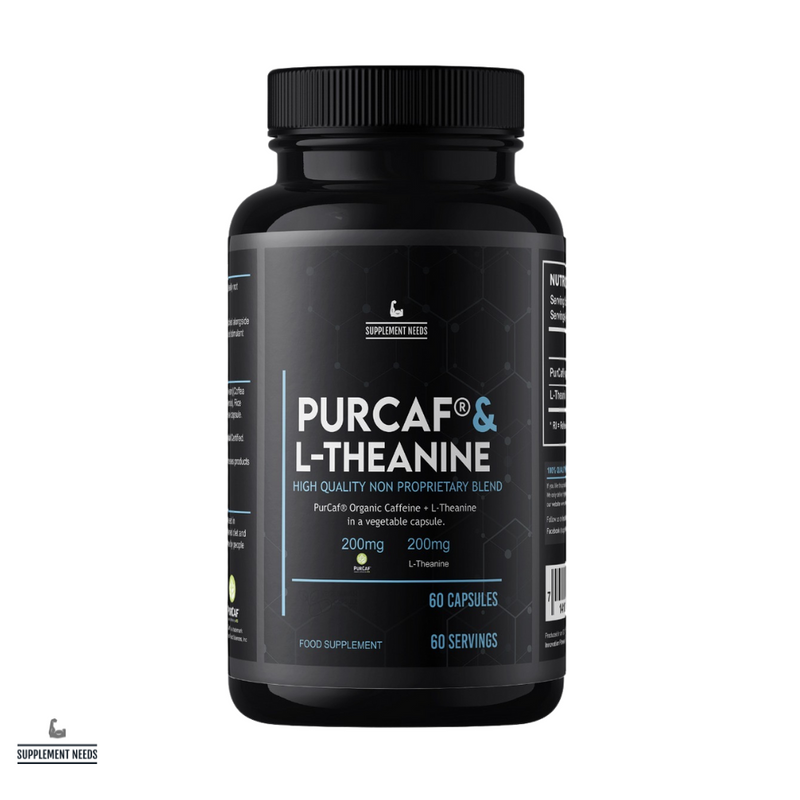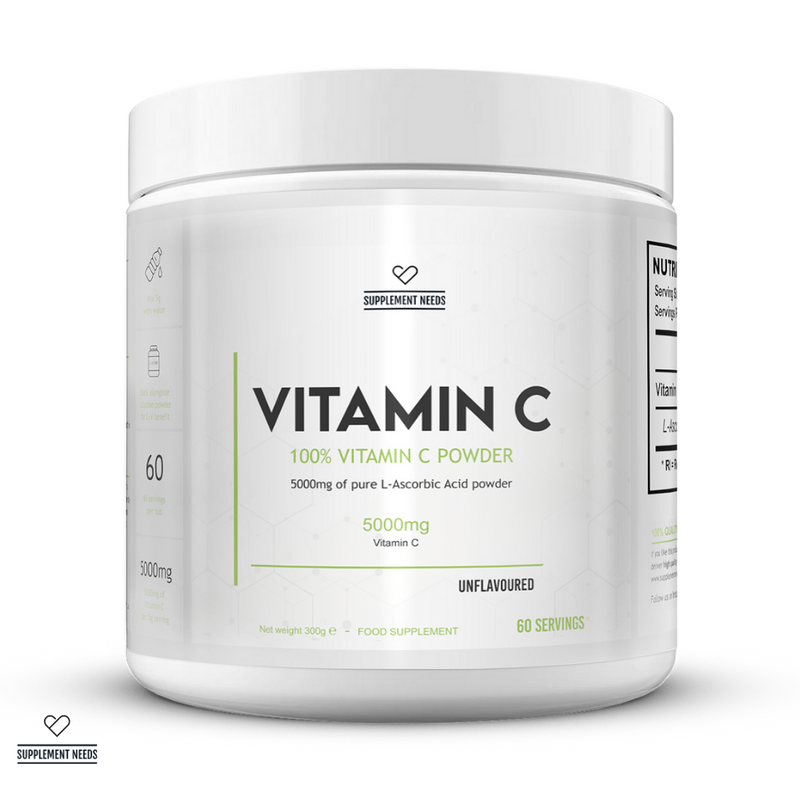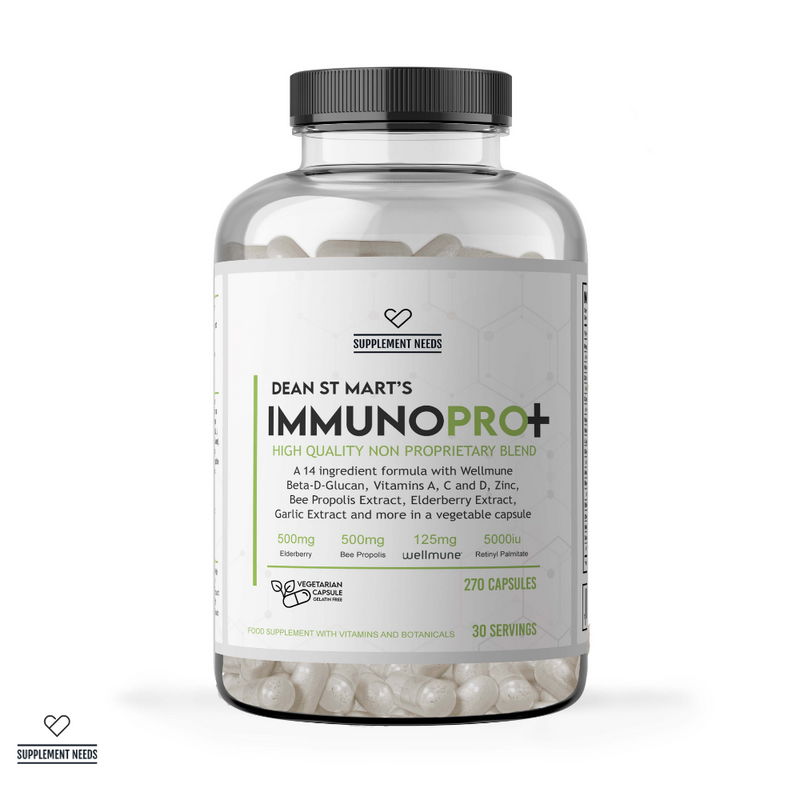Whilst Vitamin C can be found in a range of foodstuffs, including citrus fruits (oranges, lemons, limes etc), strawberries, broccoli and potatoes, many people choose to add a Vitamin C supplement to their diet.
Yes, it’s entirely possible to obtain sufficient amounts of Vitamin C from a healthy diet, however many people overlook the fact that the Vitamin C content of foods can be diminished by as much as 50% through the process of boiling. Furthermore, humans are unable to synthesise Vitamin C endogenously. Hence, some people choose to take a Vitamin C supplement.
What does Vitamin C do?
Vitamin C is an ‘essential vitamin’ that is required by the body for the synthesis of collagen, l-carnitine and certain neurotransmitters. Vitamin C also assists with protein metabolism.
In less technical terms, Vitamin C helps the body to produce collagen (which, in turn, is used to make connective tissue), helps the body to produce l-carnitine (which helps the body turn fat into energy), and helps the body to create important amino acids and proteins.
In short, Vitamin C is important!
On a broader basis, Vitamin C helps your body grow and repair itself, heal wounds, and can support your immune system.
What are the potential benefits of Vitamin C?
Being such an essential vitamin for the body, supplementation of Vitamin C can have a range of potential benefits.
Amongst these potential benefits are:
- Reduced oxidative stress - Popovic, Mitic, Bisevac et al. (2014) suggest that increasing your intake of Vitamin C could potentially boost your blood antioxidant levels, thus reducing oxidative stress.
- May help to prevent iron deficiency - many people (especially those who follow vegan diets) suffer from an Iron deficiency. Studies (Hallberg, Hulthén, 2000) suggest that supplementing Vitamin C (at 100mg) may improve Iron absorption by 67%.
- Reduced wound healing time - a variety of studies (Desneves, Todorovic, Cassar et al. 2005) have suggested that Vitamin C can potentially reduce the time it takes for external wounds to heal.
- May help prevent gout attacks - whilst this is only a tenuous potential benefit, some studies (Choi, Gao, Curhan. 2008), suggest that higher Vitamin C intake may reduce Uric Acid levels, and thus prevent gout attacks. A study that followed 46,994 healthy men over 20 years found that those who took a Vitamin C supplement had a 44% lower gout risk. Why? Because high Uric Acid levels can be linked to Iron elevation and copper imbalance; Vitamin C helps with both.
- Improved cognitive function - supplementation of Vitamin C may potentially have a positive effect on thinking and memory, with one study (Paleologos, Cumming, Lazarus. 1998) suggesting that ‘Vitamin C may protect against cognitive impairment’.
As you can see, beyond the immediate role of supporting your body’s core metabolic functions, Vitamin C may have a number of other positive benefits.
How much Vitamin C per day do you need?
The official UK Government Dietary Recommendations recommend that healthy adults between the ages of 19 and 64 require 40 mg per day of Vitamin C.
As mentioned above, the majority of people should be able to obtain this amount of Vitamin C from a regular, healthy diet.
What is liposomal Vitamin C?
Shop around online for long enough, and you’re bound to eventually come across something called ‘liposomal Vitamin C’.
What is it? Is it different from regular Vitamin C?
The answer is yes and no.
Fundamentally, liposomal Vitamin C is the same as regular vitamin C. A liposomal Vitamin C supplement will generally contain the same type of l-ascorbic acid as a regular Vitamin C powder.
However, where liposomal Vitamin C supplements differ is in the way that they deliver the Vitamin C into your body.
As we’ve written about in our guide to liposomal supplements, a liposomal Vitamin C supplement encapsulates the Vitamin C in a liposome, which can be thought of as a kind of ‘protective microsphere’. This microsphere both helps protect the Vitamin C as it travels through your gastrointestinal tract and assists the Vitamin C in being absorbed by your body’s cells.
In other words, a liposomal Vitamin C supplement can be far more effective in delivering Vitamin C into your body than a regular powdered or tablet form of Vitamin C. As one study (Davis, Paris, Beals et al. 2016) found, ‘oral delivery of 4 g of Vitamin C encapsulated in liposomes produces circulating concentrations of Vitamin C that are greater than unencapsulated oral’ forms of Vitamin C.
Here at Supplement Needs, we understand the power of liposome technology and have harnessed it to create what we feel is the ultimate liposomal Vitamin C supplement - Supplement Needs Liposomal Vitamin C.
Formulated by Dr. Dean St Mart PhD, this liposomal Vitamin C supplement has been explicitly designed for maximum absorption, using trademarked Quali-C. Our manufacturing process is exceptional, too, taking into account a wide range of important factors including particle size, polydispersity index, nutrient assay, and pH.
Shop Vitamin C at Supplement Needs
If you want a Vitamin C supplement that’s backed by years of study, research and real-world experience, then you’ll struggle to find better than Supplement Needs.
Formulated by Dr. Dean St Mart PhD - an industry leader with a double first class honours degree in chemistry and pharmaceutical chemistry, and a PhD in synthetic organic chemistry and fluorescence spectroscopy - Supplement Needs products are steeped in knowledge.
Our range includes both traditional powdered Vitamin C, and our ultra-advanced liposomal form of Vitamin C.
Order today and benefit from free shipping on all orders over £20, with orders placed before 3pm (Monday to Friday) despatched the same day.
